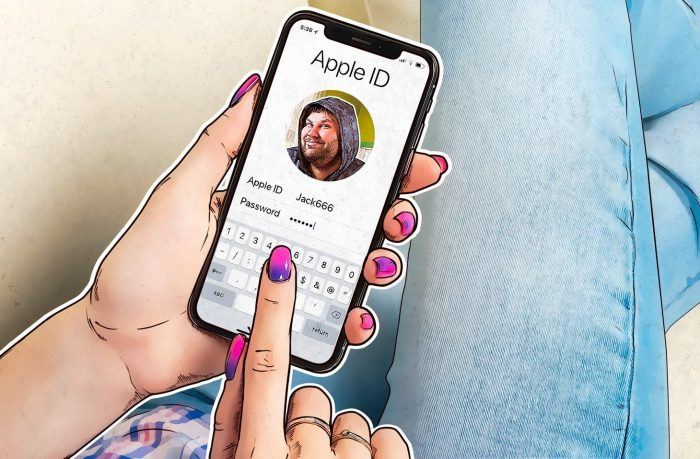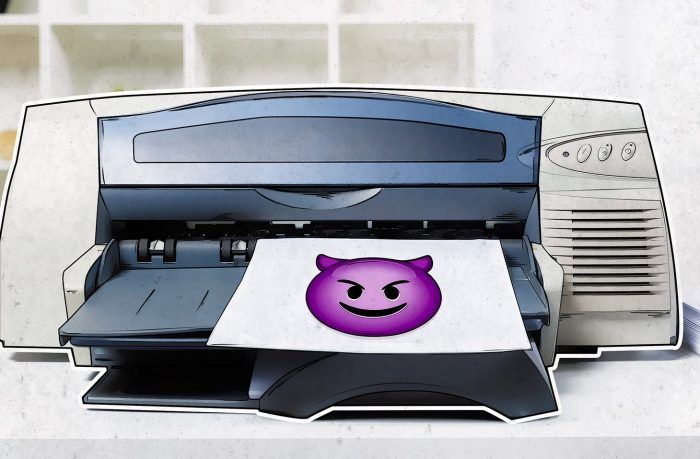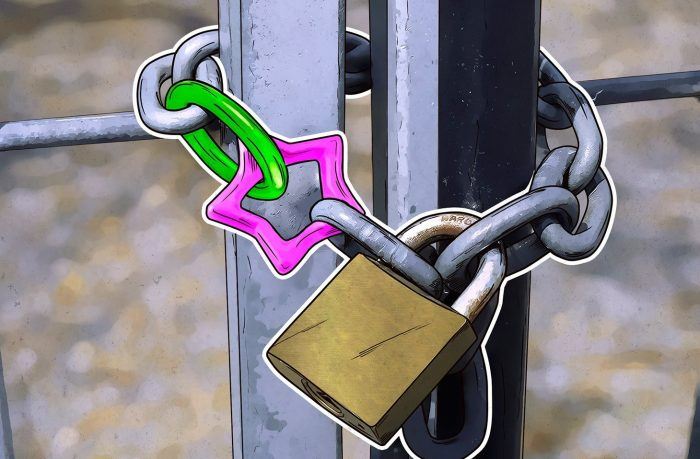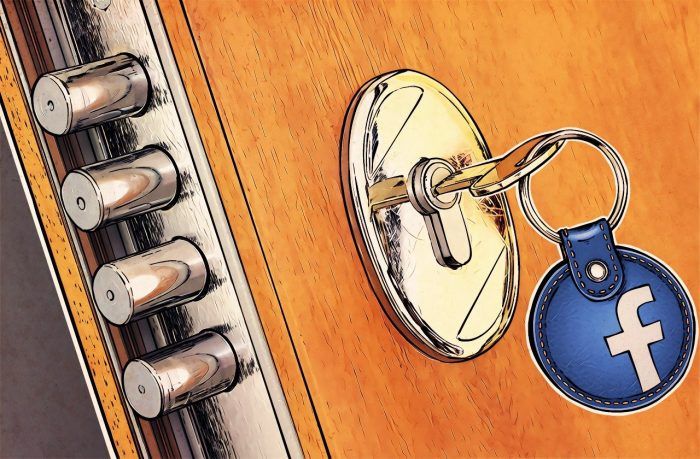
A small sex toy with big problems
Analysis of a German sex toy reveals all sorts of vulnerabilities.

64 articles

Analysis of a German sex toy reveals all sorts of vulnerabilities.

A huge database of leaked e-mails and passwords surfaced in the Internet. Here’s what you should do about it.

Experts discovered lots of interesting things in the code of North Korean antivirus SiliVaccine.

Meet Lenny, the voice chatbot that can be used against telemarketers and phone scammers.

The year 2018 passed under the sign of Spectre and Meltdown hardware vulnerabilities. What does 2019 have in store in this regard?

Here’s how to delete or temporarily disable your Instagram account and back up your photos if you want to take a break from the social media service.

How cybercriminals blocked Marcie’s iPhone, and how to avoid a similar fate.

Ready to delete your Twitter account? Here’s how. But you’d better back up your tweets first.

50,000 printers worldwide suddenly printed a leaflet in support of youtuber PewDiePie. How can you protect your printer from hackers?

Designer Mark used the same password for all of his accounts — and lived to regret it. Here’s his story.

Smart home appliances are dependent on remote servers, apps, and other things, which can cause all kinds of trouble.

A supply-chain attack against Copay cryptowallets through an open-source library enables bitcoin theft.

Twitter cryptocurrency scams are becoming more and more advanced and convincing, with scammers using new techniques and some heavy artillery.

One short message is enough to send a Sony PS4 into an infinite restart loop. Here’s how to deal with it.

Protecting privacy online can be good for our mental health. Two reasons: it makes more time for offline socializing and keeps distracting ads at bay.

The “another friend request from you” hoax on Facebook is gaining traction. Don’t fall for it.

Facebook has been breached, and malefactors gained access to some 50 million accounts. We offer some quick tips for your safety.

Freelancers are beloved targets for cybercriminals, who use phishing and malware to steal credentials and money. Here’s how to avoid their traps and stay safe.

No PIN on your phone? Pickpockets will thank you for that.

Here’s how scammers try to phish for verification codes — and what may happen if you send them one.

How Twitter’s “not-a-leak” made me realize that remembering passwords no longer works.